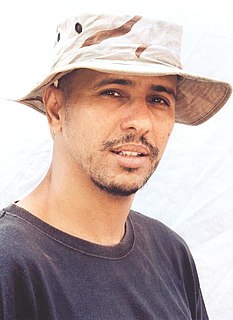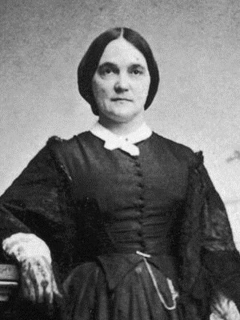A Quote by Ned Sublette
Every farm with slaves was a slave-breeding farm. Raising slaves was mostly a cottage industry.
Related Quotes
Cows that are fed organic food are still kept as slaves on farms, regardless of whether it is a large corporate factory farm or a small family farm. Besides, every dairy cow, no matter what she has been fed, has her babies stolen from her shortly after birth and she will inevitably end up in the slaughterhouse.
All you have to do is go back to slavery - days, and there were two types of slaves, the house slave and the field slave. The house slave was the one who believed in the master, who had confidence in the master and usually was very friendly with the master. And usually he was also used by the master to try and keep the other slaves pacified.
There is nothing grand or noble in having the use of a slave, in so far as he is a slave; or in issuing commands about necessary things. But it is an error to suppose that every sort of rule is despotic like that of a master over slaves, for there is as great a difference between the rule over freemen and the rule over slaves as there is between slavery by nature and freedom by nature . .
The use of slave women as day workers naturally broke up or made impossible the normal Negro home, and this and the slave code led to a development of which the South was really ashamed and which it often denied, and yet perfectly evident: the raising of slaves in the Border slave states for systematic sale on the commercialized cotton plantations.
The Cubs, we built one of best farm systems - I think for a while there, it was the best farm system in baseball. And that was great. It got a lot of attention. But we didn't want the credit for the farm system. What we wanted was to see if we could do the tricky part, which was turn a lauded farm system into a World Series champion.
The other slaves in the field never let that house slave knew - know what they were really thinking. If the house slave said, well one of these days all of us will live in the plantation, they said, uh huh. They went along with him. But if you came up to them and said, let's go, they would be gone just like that.And in, in America you have the same situation.You have the vast masses who are still slaves.
We are slaves, all of us...Some are slaves to fear. Others are slaves to reason—or base desire. It is our lot to be slaves...and the question must be to what shall we owe our indenture? Will it be to truth or to falsehood, hope or despair, light or darkness? I choose to serve the light, even though that bondage often lies in darkness.







































